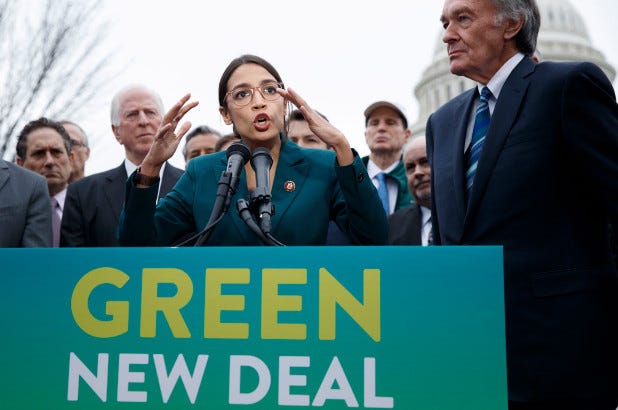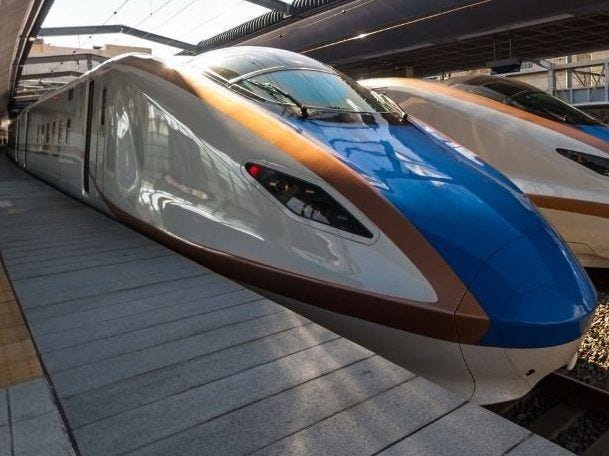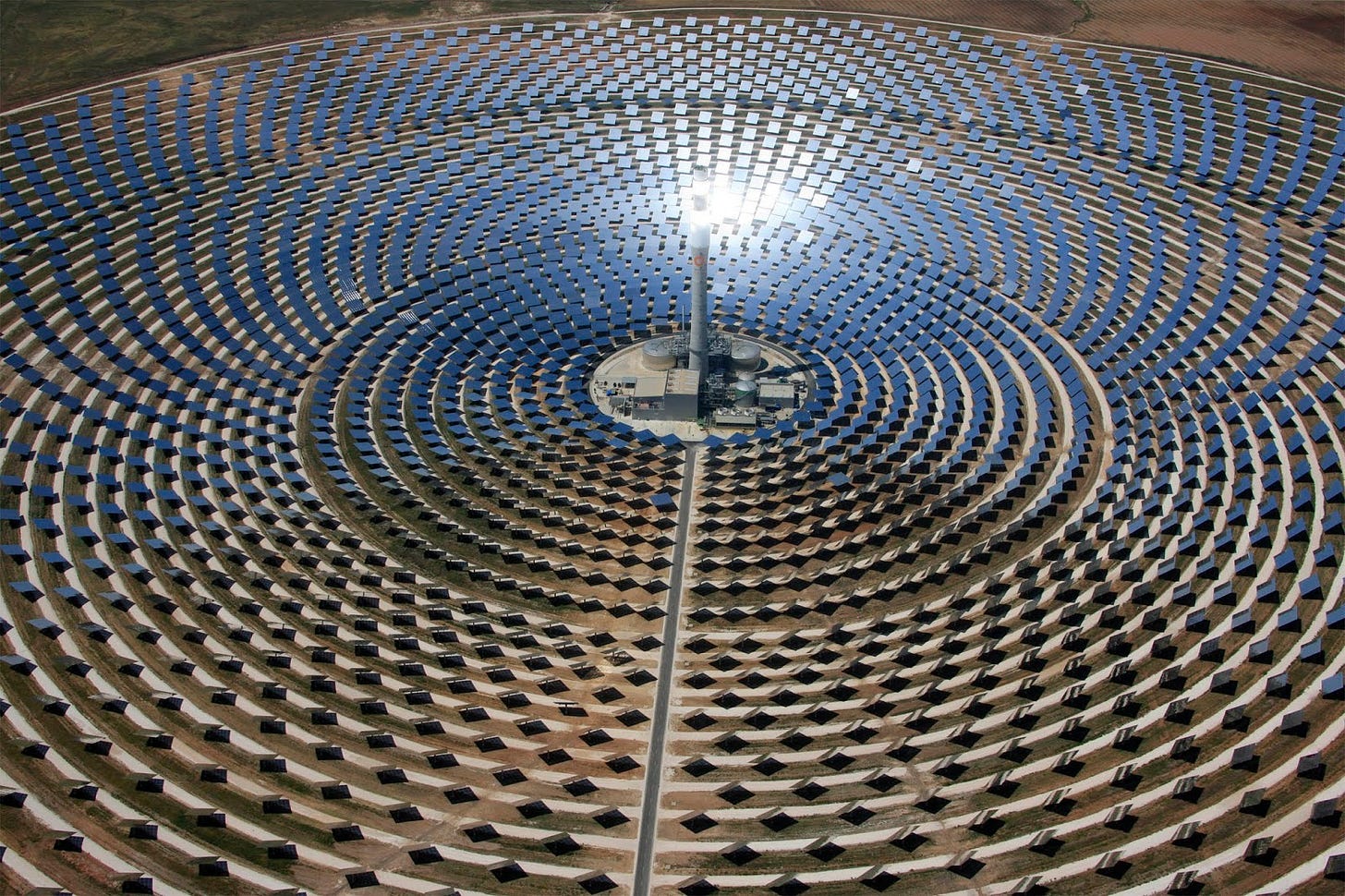Criticism Wins Too Often Over Thoughtful Response

Representative Alexandria Ocasio-Cortez’s radical Green New Deal aims, among other things, to eliminate air travel. She envisions that by replacing air travel with high-speed rail. A number of Democratic presidential candidates endorsed her position.
Critics and media instantly danced-the-dance of criticism by headlines such as “2020 Democrats jump to endorse Green New Deal despite spending hundreds of thousands on air travel - including private jets.”
And the race was on to discredit.

Lost in the feeding frenzy of knee-jerk judgment was the fact that high-speed rail is a goal of the Green New Deal and private jets are the present reality. Another win for criticism over thoughtful response.
“Criticism is something we can avoid easily by saying nothing, doing nothing, and being nothing.”– Aristotle
Not to put to fine a point on it, it seems to me that Alexandria Ocasio-Cortez is saying a great deal, doing much and being a catalyst for progressive thinking.
If progress holds any interest for you in these times of lightning-fast advancement in all fields of endeavor (except for politics), a brief rundown of her Green New Deal may be of interest.
The Green New Deal is any of several proposed economic stimulus programs in the United States that aim to address both economic inequality and climate change. The name refers to the New Deal, a combination of social and economic reforms and public works projects undertaken by President Franklin D. Roosevelt in response to the Great Depression. Supporters of a Green New Deal advocate a combination of Roosevelt's economic approach with modern ideas such as renewable energy and resource efficiency—Wikipedia
Aside from politicians, the program boasts such proponents as economists James Galbraith, Stephanie Kelton, Marianna Mazzucato, Yanis Varoufakis and Paul Krugman.
Organizations such as The Climate Mobilization agree, including Data for Progress, the Heinrich Böll Foundation, the New Economics Foundation, Sierra Club, the United Nations Economic and Social Commission for Asia and the Pacific, the United Nations Environment Programme and the Global Marshall Plan Initiative.
The business and corporate communities are yet to be heard from in force, but one can expect push-back from those affected. Those may include fossil fuel dependent companies, airlines, electric infrastructure components and various investor groups. They will, for sure, include a wide range of politicians who feed off contributions from those dudes.
In a tongue-not-too-much-in-cheek comment, it has been suggested that those in Congress be required to wear sponsor-logos on their jackets, as do sports professionals. Thus we might more easily identify the cash behind their votes.
But the push-back is based upon pretty thin soup.
President Eisenhower’s Interstate Highway System took ten years to build and for every dollar invested, it returned six dollars of economic return. As an unexpected return on that investment, should the medians of those highways be used for modern high-speed rail, there would arise no costs for land, no liability for unprotected crossings and minimal costs for passenger terminals, as most city centers are already served by interstate highways.

On the energy side, a major effort to go green would provide up to 15 million jobs in solar, wind, thermal and related infrastructure. Additionally (and largely ignored in the debate) the sole energy costs for the nation would be related to initial construction, infrastructure and the ongoing maintenance costs of both.
These energy sources are all free and will remain so forever. Imagine the impact upon costs to both industrial and private use.
In his State of the Union speech, Mr. Trump celebrated America’s energy independence. But that independence has a substantial and ongoing cost in barrels of oil, cubic meters of gas and the dangers of drilling, fracking and transport pipelines.
Solar, wind and thermal have no source costs.
We can do it. Eisenhower’s road program took ten years to build. In ten years, we as a nation could have in place high-speed rail, true energy independence, job creation and environmental standards that set the pace for the world.
Where would we get the money? That’s always the deal-breaker. There are two ways in which public funds are spent; for disposables (such as military arms and social programs) and assets (such as infrastructure, research and education). Those are short-lists, but they suffice as explanations.
Disposables must be watched closely, as they add to the national debt. Assets may be spent as necessary, even by expanding the money supply, as they create wealth.
We once had that reputation for setting the pace for the world and can achieve it once again.
All that stands in our way is Criticism Winning Too Often Over Thoughtful Response.
